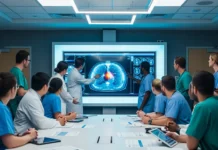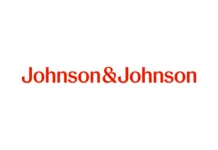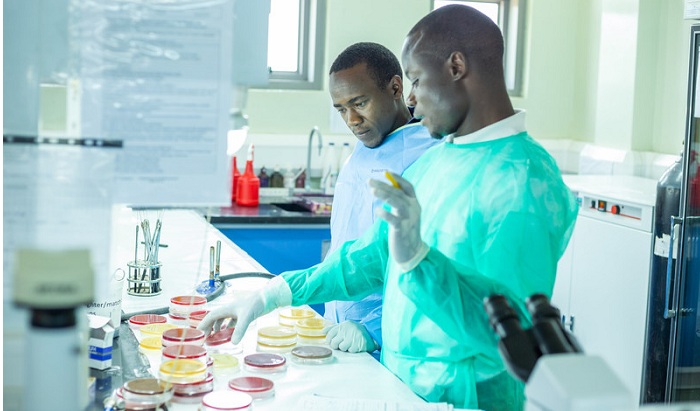BD (Becton, Dickinson and Company), a leading global medical technology company, announced a collaboration with Pfizer Inc. and global charitable foundation Wellcome to better understand the role of diagnostics in advancing antimicrobial stewardship practices around the world.
BD today announced a collaboration with Pfizer Inc. and global charitable foundation Wellcome to better understand the role of diagnostics in advancing antimicrobial stewardship practices around the world.
Building on ongoing efforts to advance the role of diagnostics in tackling the challenge of antimicrobial resistance (AMR), this collaboration will survey existing diagnostic practices to highlight both benefits and gaps in diagnostic testing in AMR stewardship to improve and further advocate for patient care, clinical practice and health care economics.
“Diagnostic stewardship — meaning coordinated guidance and interventions to improve appropriate use of microbiological diagnostics to guide therapeutic decisions — promotes appropriate, timely diagnostic testing, including specimen collection and pathogen identification as well as accurate, timely reporting of results to guide patient treatment,” said Brooke Story, president of Integrated Diagnostic Solutions for BD. “Research shows us that significant barriers must be overcome to make health care workers aware of the importance and positive impact of diagnostics on AMR.” i
AMR occurs when bacteria, viruses, fungi or parasites change over time and no longer respond to medicines. These changes make infections harder to treat and increase the risk of disease transmission, severe illness and death. As the organisms that cause infections become increasingly drug resistant, even common medical procedures — including surgery, childbirth and chemotherapy — can become increasingly life-threatening.ii A continued rise in AMR could take 10 million lives globally each year by 2050 – more than currently die from cancer.iii
The important role diagnostics can play as a tool to improve appropriate use of antibiotics is recognized by policymakers and advocates. AMR Review — an organization commissioned by the U.K. prime minister and chaired by Lord Jim O’Neill — includes promotion of “new rapid diagnostics to cut unnecessary use of antibiotics” as one of its 10 primary recommendations.iv However, progress in implementing the AMR Review’s recommendations remains slow and diagnostics remain an under-utilized resource for optimizing antimicrobial (antibacterial, antifungal and antiviral) treatments and supporting antimicrobial stewardship efforts.
“Having the right diagnostic tools for the right contexts, and ensuring their uptake is crucial to fight antimicrobial resistance and save modern medicine,” said Dr. Gemma Buckland-Merrett, DRI Research Lead at Wellcome. “We need to preserve and sustain the efficacy and longevity of existing antimicrobials and protect the effectiveness of future drugs. This collaboration will help address the challenge and contribute to better outcomes for patients, clinical practice and health care.”
The COVID-19 pandemic has put antimicrobial resistance into sharp focus, with early case studies and surveys of COVID-19 treatment pathways showing a high proportion of antibiotic use despite low risk of secondary bacterial infections in the majority of patients.v This early data prompted the World Health Organization (WHO) to issue a bulletin warning about the risk of the COVID-19 pandemic exacerbating the potential for AMR.vi The collaboration will help raise awareness of the critical role of diagnostics in combating AMR.
The incorrect use of antimicrobial medicines is a strong contributor to the growth of resistant microbes, and we need to employ antimicrobial stewardship practices as a way of slowing emergence to resistance and prolonging the usefulness of available treatments,” said Dr. Pol Vandenbroucke, chief medical officer, Hospital Business, Pfizer Inc. “This greater oversight requires a multifaceted approach spanning key diagnostics, improved education and innovative surveillance measures. As AMR continues to rise, we must all work together — across the biopharmaceutical and diagnostic industries, government and other important stakeholders — to invest in measures that will improve the diagnosis and treatment of patients around the world and contribute to our shared goal of slowing the spread of this deadly global public health threat.”
About BD
BD is one of the largest global medical technology companies in the world and is advancing the world of health by improving medical discovery, diagnostics and the delivery of care. The company supports the heroes on the frontlines of health care by developing innovative technology, services and solutions that help advance both clinical therapy for patients and clinical process for health care providers. BD and its 75,000 employees have a passion and commitment to help enhance the safety and efficiency of clinicians’ care delivery process, enable laboratory scientists to accurately detect disease and advance researchers’ capabilities to develop the next generation of diagnostics and therapeutics. BD has a presence in virtually every country and partners with organizations around the world to address some of the most challenging global health issues. By working in close collaboration with customers, BD can help enhance outcomes, lower costs, increase efficiencies, improve safety and expand access to health care.
About Wellcome
Wellcome supports science to solve the urgent health challenges facing everyone. We support discovery research into life, health and wellbeing, and we’re taking on three worldwide health challenges: mental health, infectious disease and climate.

















